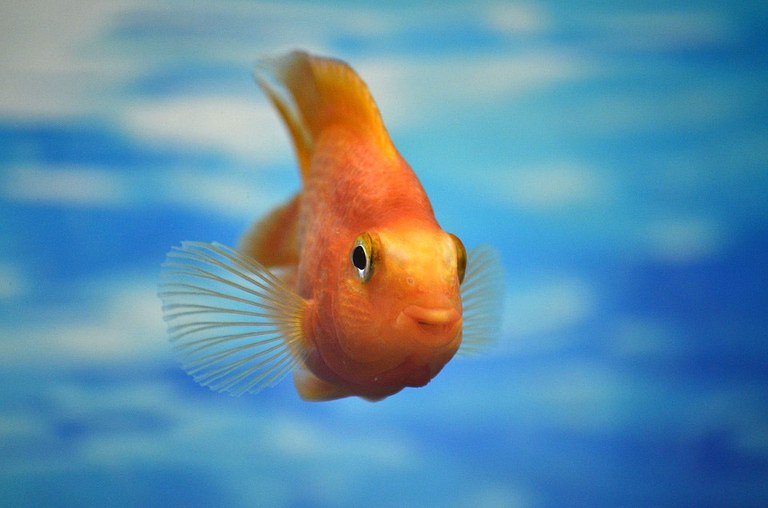Aquaculture experts from the University of Stirling and the Institute for Food and Agricultural Research and Technology (IRTA) tested 61 juvenile and 59 adults of Senegalese sole by subjecting them to multiple distinct behavioral tests to examine how they would individually cope with stresses and assess their ‘fearfulness-reactivity’ and ‘activity-exploration’ personality traits.
Scientists found the way these fish cope with stress is determined by their personality and remains consistent regardless of the situation they are in. There was a correlation between how individuals with the same sort of personality acted across the various tests, suggesting that those who are reactive and fearful or proactive and curious, maintain this behavior.
Dr Sonia Rey Planellas explains: “The three tests we used to simulate life in captivity was easy to apply and required no special equipment. We hope this can be replicated by fish farmers, large and small, to help establish selection-based breeding programmes and easily identify fish that deal best with stress and will be able to reproduce more successfully in a variety of environments. These Operational Behavioural Screening tests (OBST) can also be used for other species of interest facing similar problems on domestication and production.”
Their procedures and findings are published in the Royal Society Open Science (open access paper).
While the IRTA is a commercial aquaculture of fish destined for the food market, there is no reason why their personality tests wouldn’t also prove useful for ornamental fish aquaculture; fact is, it’s easy to argue that selectively breeding fish for better personalities is even more useful for fish destined for aquariums.










0 Comments